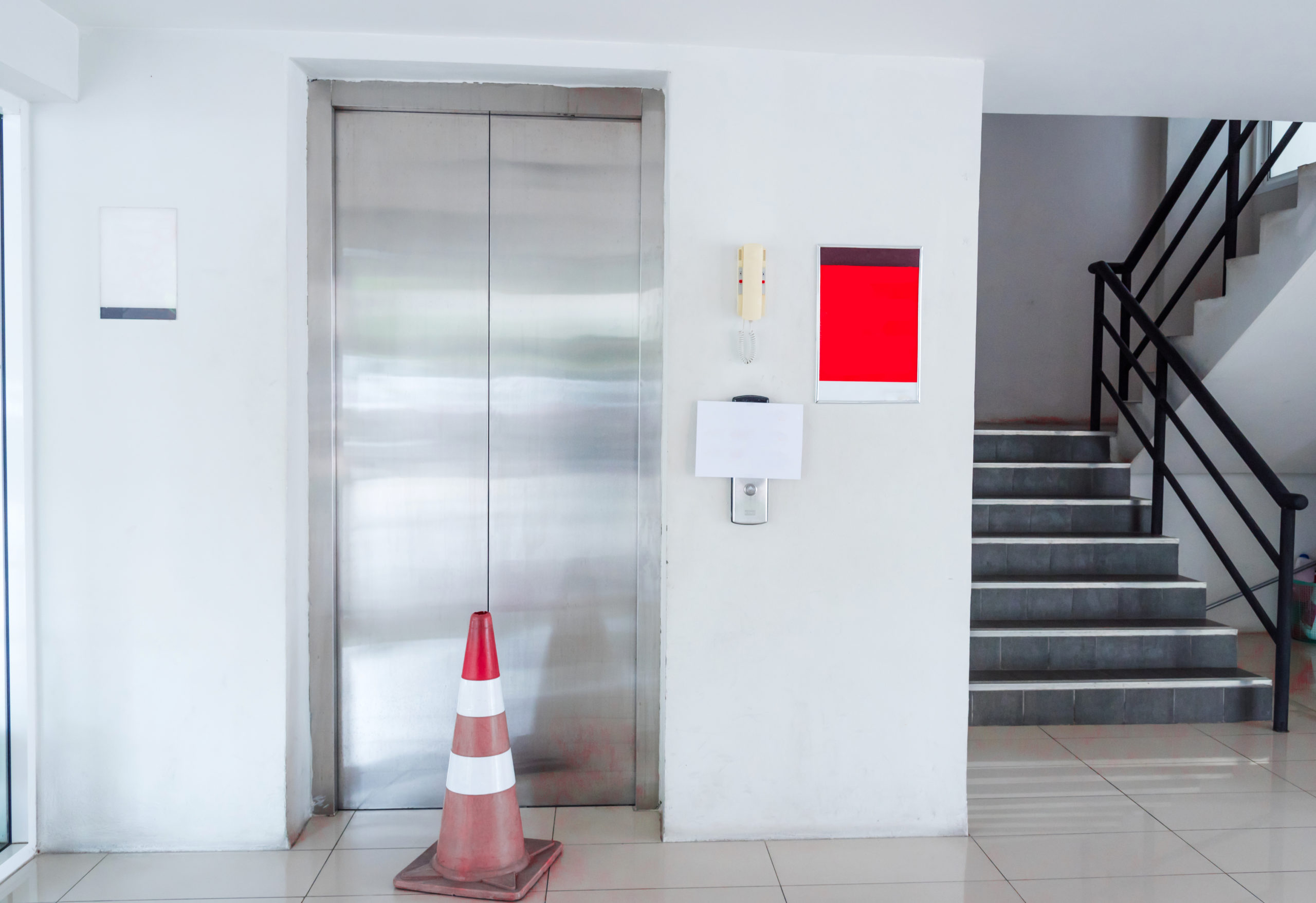
Drowsy Driving
If you have been on the road for hours, you may start to feel a bit sleepy… your eyelids droop, and you begin to nod off to sleep. It is safe to say that, before the point where you start veering into traffic, you need to stop and take a rest. Every year, drowsy driving takes hold of many Americans – in fact, 60% of Americans have driven while feeling sleepy and 37% admit to having fallen asleep at the wheel in a year’s time. When you start to feel tired, don’t put other’s lives at risk and continue driving. You will typically not be able to tell when you’re going to fall asleep and this poses an immediate danger to everybody sharing the road with you! You may need to stop and take a rest if you have difficulty focusing, you’re yawning repeatedly, you have trouble keeping your head up, you’re feeling restless and irritable, or you have trouble remembering the last few miles you have driven.
You May Be At Risk.
It is possible that any driver on the road may succumb to fatigue on the roadways. Individuals who drive a lot at night may be subject to falling asleep more often while at the wheel. People who are excessively sleepy or have an untreated sleep disorder are more likely to have crashes as well. Young males, shift workers, or commercial drivers have all been identified as people who may pose a higher risk to falling asleep. This may also include business travelers who have spent many hours driving or are feeling jet lagged.
Before you drive, there are many factors in which you should consider. By considering these simple things, you could prevent a crash. This includes considering whether or not you are sleep-deprives or fatigued, suffering from sleep loss, have driven long distances without proper rest breaks, are taking sedating medications, work more than 60 hours a week, or have had a small amount of alcohol.
Driving Tips
There are some precautions that you can take if you plan on driving. It is important to adequately plan for a trip and make sure that you are well rested. Here are some things to consider:
- Get a good night’s sleep, with sleep experts recommending between 7-9 hours of sleep per night.
- Plan to drive long trips with a companion, for passengers can help look for early warning signs of fatigue and be able to switch spots with you.
- Schedule regular stops every 100 miles or two hours.
- Consult a physician for diagnosis and treatment if you suffer from frequent daytime sleepiness.
New Jersey Laws on Drowsy Driving
In New Jersey, a driver that has been without sleep for 24 hours is actually considered to be driving recklessly. This is classified alongside intoxicated driving under New Jersey Statues 2C: 11-5.
New Jersey follows Maggie’s Law, which states that a sleep-deprived driver qualifies as a reckless driver, and can be convicted of vehicular homicide if a fatality occurs. This has been named in honor of a 20-year-old college student named Maggie McDonnell, who was killed when a driver who hadn’t slept in over 30 hours had crossed three lanes of traffic and struck her car head-on. At the time, there was no law against falling asleep at the wheel in New Jersey; therefore, the courts agreed that he had done nothing wrong. Maggie’s mother took action and Maggie’s Law was created, to define fatigue as being without sleep for more than 24 hours and making driving while fatigued a criminal offense.
If you or a loved one has been injured or killed in a car accident stemming from drowsy driving, you may have a case. Somebody could be held liable for your injuries and you can get the compensation you deserve. Call MDL today for a free consultation to see where you stand.


















